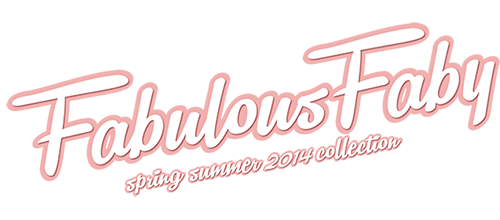What Do EAT and YMYL Mean for SEO and How to Increase Those Signals
A big reason that the Google search engine is successful is that it is continuously revised with new technology. To keep pace with these changes, there have been major overhauls of best SEO practices and how you want to structure your content.
Google has recently been putting a large amount of energy behind the concept of “User Experience,” or UX. While keywords and your content will certainly play a large role, the way your site performs on mobile devices, and how easy it is to navigate are now all signals Google can pick up, and use in ranking factors.
Regarding UX, the terms EAT and YMYL come up time again when discussing how Google ranks websites. At Franklin Digital, we wanted to walk you through the concepts of EAT and YMYL to help you improve your SEO practices.
Google’s Search Engine Algorithm IN 2022
Google’s search engine algorithm is always a hot topic for digital marketers. As Google gets over 90% of search queries in the world, people’s fixation on the algorithm makes perfect sense. In the end, good standing on Google Search Engine Results Pages (SERPs) can make or break a business.
Over the years, Google has changed its algorithm to favor different metrics. Today, the algorithm focuses largely on the following factors:
- Keywords
- Page relevance
- Site usability
- Source expertise
- Location
To ensure that their algorithm is working as it should, Google consistently monitors search results with qualified teams. In time, they also implement changes based on people’s experiences with the search engine.
The User Experience IN GOOGLE SEARCH
At one point in time, SEO practices were almost a game of math. If you had the appropriate amount of keywords, you could rest assured you would have good standings on Google search results. Today, Google is steering its SEO practices towards more subjective factors related to UX.
There are a number of factors that influence UX with a website, these include:
- Readability
- Site speed
- Mobile compatibility
- Images
With an emphasis on UX, Google is working towards an SEO rating system that more closely mirrors the human mind – instead of machine formulations.
What Does YMYL Stand For?
YMYL is a phrase used by Google that stands for “Your Money or Your Life.” In the interest of protecting UX, sites that are categorized under the YMYL label receive more scrutiny than others. According to SEO authorities at SEMrush, YMYL “content is the type of information that, if presented inaccurately, untruthfully, or deceptively, could directly impact the reader’s happiness, health, safety, or financial stability.”
Types of websites considered to be YMYL include:
- Financial
- Government
- Medical
- News
- Ecommerce
A great example of a YMYL website would be one that compares hospitals in a particular area. Importantly, guiding people on their chosen medical facilities requires a certain level of integrity on the part of site owners. It’s precisely this integrity that Google is now weighing with SEO metrics related to YMYL and UX.
What Does EAT Mean?
EAT is an acronym that stands for “Expertise, Authoritativeness, Trustworthiness.” Components of EAT are measured by the Google algorithm to assess the validity of a website – with the end goal of promoting better UX. These components are as such:
- Expertise refers to the experience level of a web page’s author. Google gives preference to pages that clearly display their author as an expert in their field.
- Authoritativeness refers to the legitimacy of the info presented on a website. To be considered legitimate, websites must back their information with authoritative backlinks and scholarly sources.
- Trustworthiness is another metric used by Google to help protect UX. Trustworthiness refers to whether the different components of a website are presented in an honest fashion.
Interestingly, Google’s algorithm considers both YMYL and EAT when ranking websites for SEO. To this end, YMYL websites are more heavily scrutinized for the components of EAT than non-YMYL websites.
Summary: How Do You Best Handle EAT and YMYL?
Keeping up with the latest developments in SEO is no small task. It seems as soon as you get familiar with best SEO practices, Google changes its algorithm. Today, all indicators are that Google is making UX a top priority for SEO page ranking. Metrics like EAT and YMYL come along with this push for better website usability and heightened enjoyment.
While Google’s tendency to change SEO metrics can be frustrating, you can also look at the new emphasis on UX as an opportunity. Importantly, Google is changing its algorithm in an attempt to mirror the human experience. With this change, website owners are rewarded for focusing on good content, as opposed to obsessing over keyword numbers or competitor stats.
The best way to handle EAT and YMYL is to produce quality, trustworthy content. Even more, be sure that your website is attractive, informative, and professional. In the end, Google’s UX standards are complementary to those who hold high standards for their website.
Get Your Free SEO AUDIT
no B.S. - just actionable next steps
Hear it from our biggest fans
proud to have worked with






















0 Comments